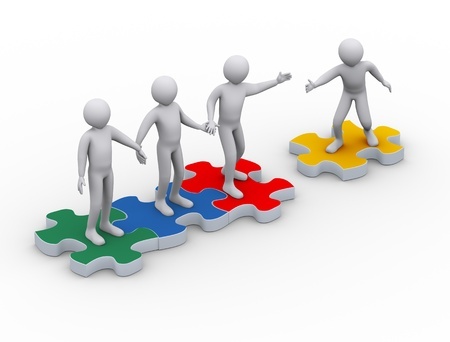Statistics from 2014 reveal that
21.5 million people aged 12 or
older had a substance
abuse disorder that year alone.
Over the last 25 years, the
addiction treatment industry
has tripled in size, currently
raking in about $35 billion in
annual revenue. So it seems
that, for all the money spent
on addiction prevention,
addiction still hasn’t been
prevented. Instead, it morphed into a
business, while the failsafe way to getting
clean has been endlessly debated.
If you are recovering from drugs and alcohol, here are some tips to
maintaining a healthy lifestyle to help you find your way onto the
Back on Track
Perhaps the first step in picking up the pieces of your life after an addiction
is not so much physical as mental and emotional. People who base their
schedules and relationships around drugs for years often feel lonely or
rudderless once they quit. One way to overcome this sense of isolation is
or other recovering addicts.
fruits, vegetables, whole grains, and omega-3 fish like salmon. Declutter
your life. That could mean cleaning up your apartment, throwing out clothes
you don’t wear, cutting people who are toxic out of your life, or deleting the
apps that you don’t use off your iPhone. Whatever steps you take, make
sure where and how you live is light, bright, open and full of possibility.
Get a Routine
Now that you’ve begun to address your mental health, turn to how you’re
doing physically. Drugs wear down your body and fully recovering from them
means adopting a healthy, active routine that you keep up through the years.
A natural midway point between attending to your mental and physical states
could be yoga, which focuses on deep-breathing, meditation, relaxing and
staying in tune with your body. Biking, tennis, running, baseball, basketball,
swimming and weightlifting are all solid options, too. Pick something you
love, because you’ll keep doing it, rather than view it as a chore. Moreover,
combat inflammation and fight off type 2 diabetes.
Anger and Addiction
Mental illness and substance addiction frequently co-occur. According to the
Journal of the American Medical Association, roughly 50 percent of people who
suffer a serious cognitive disorder abuse drugs. Anger, meanwhile, is often
symptomatic of a range of mental problems including mania and depression
in bipolar disorder, among others. After you go cold turkey from drugs, many
factors may still cause you to become angry. These might include unpaid
debts, broken friendships, or any that anxiety you may have harbored for
years while on drugs.
Fitness has been shown to moderate anger by releasing chemicals such as
serotonin and dopamine in your brain. So if you’re recovering from an addiction,
decide whether competitive sports fuel your stress or not. For instance, if you know
that losing a game of pickup basketball will upset you, you might opt to drive out
to a forest to hike through the pine air and feel at peace.
Finding your way out of the darkness of addiction is nearly a miracle. That’s
why it’s important to keep moving. Exercise rewires our brain and helps stave
off depression, so we can muster the strength to keep on the track that leads
toward recovery.
Image via Unsplash
About the Author
Molly knows what it’s like having a loved one suffering from an addiction. Through
her writing, she offers support and advice for those with addictions and their loved
ones. Molly writes for RecoveryHope. She’s passionate about supporting those in
recovery and their family and friends.



